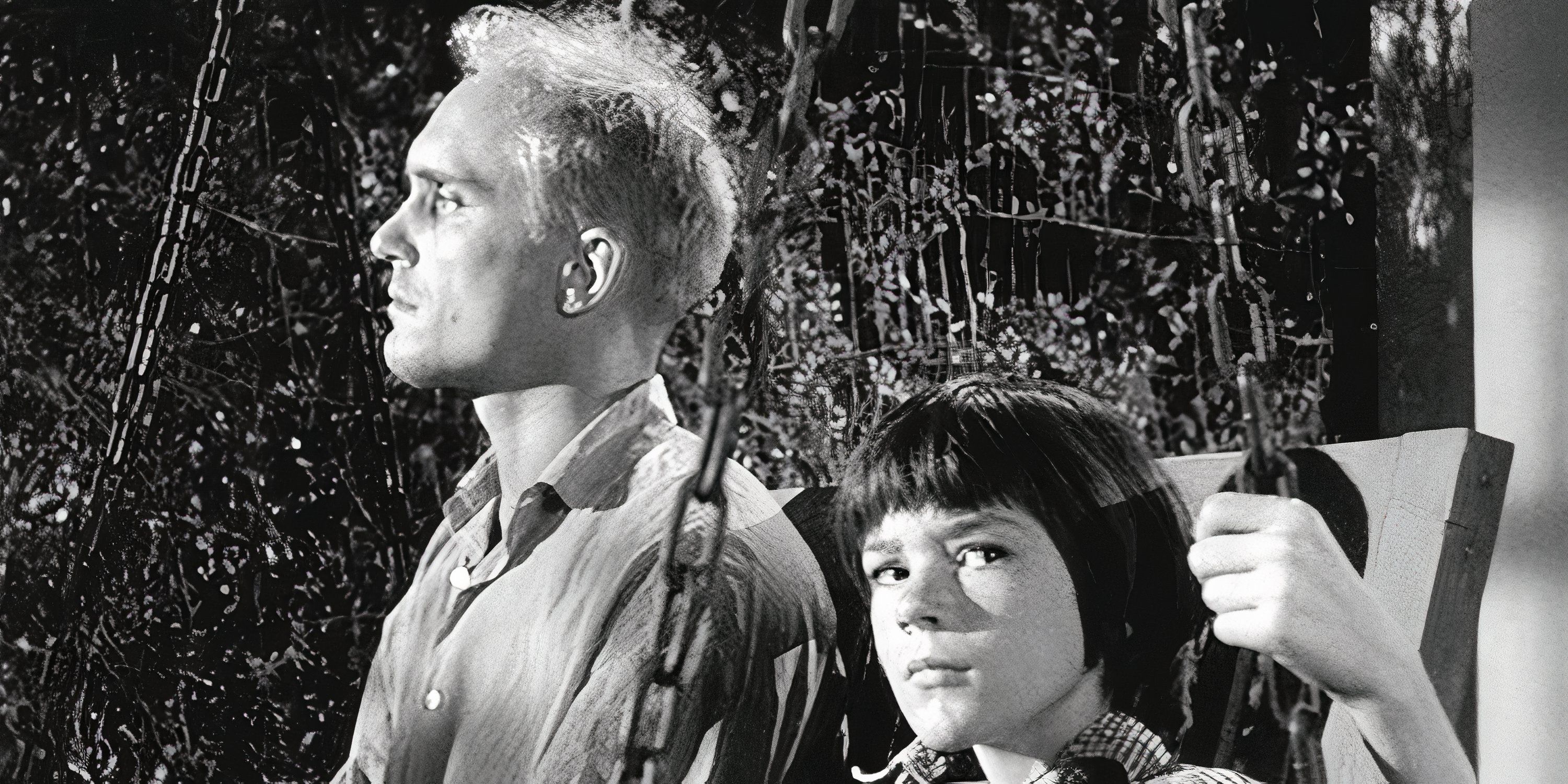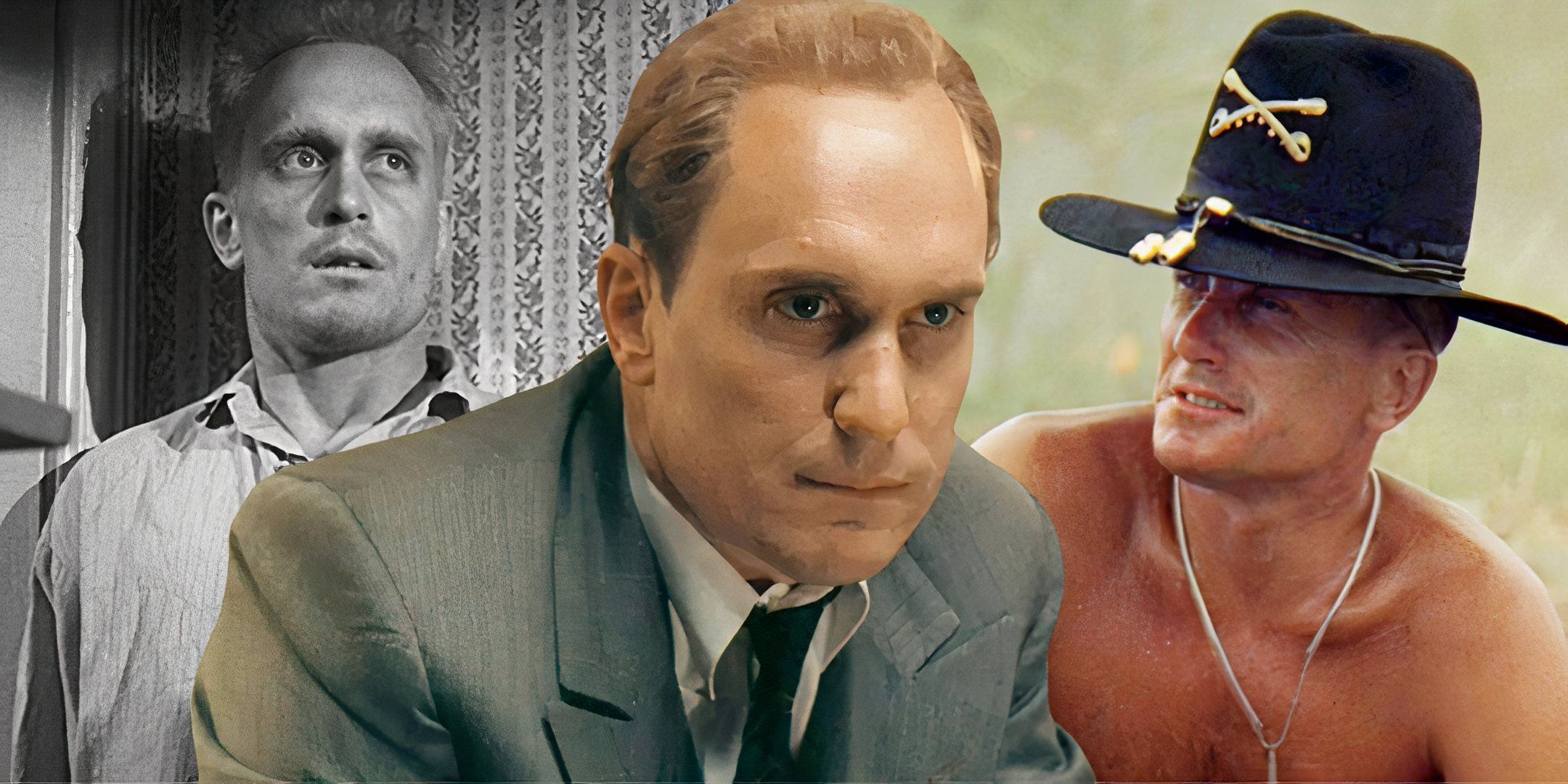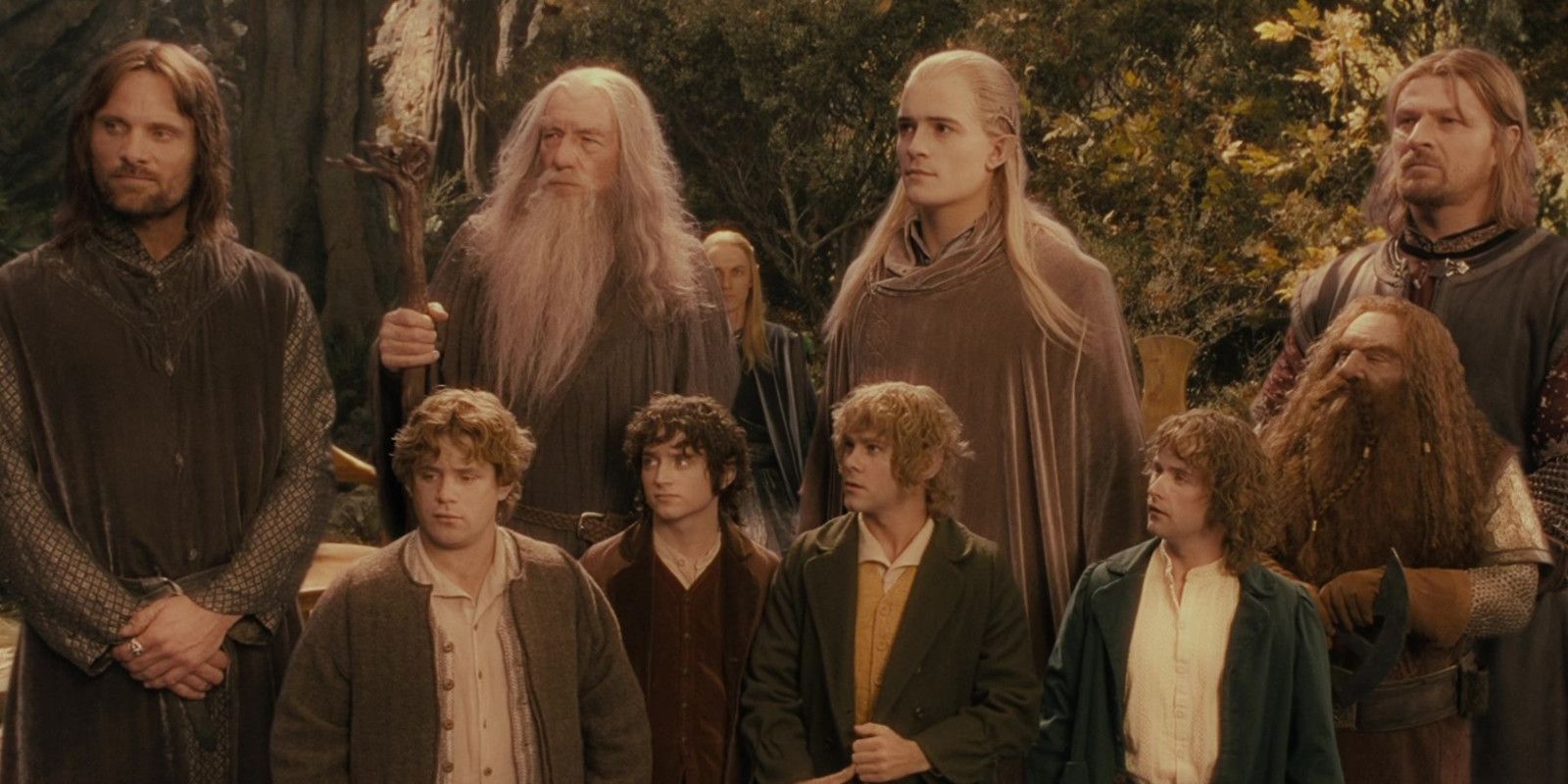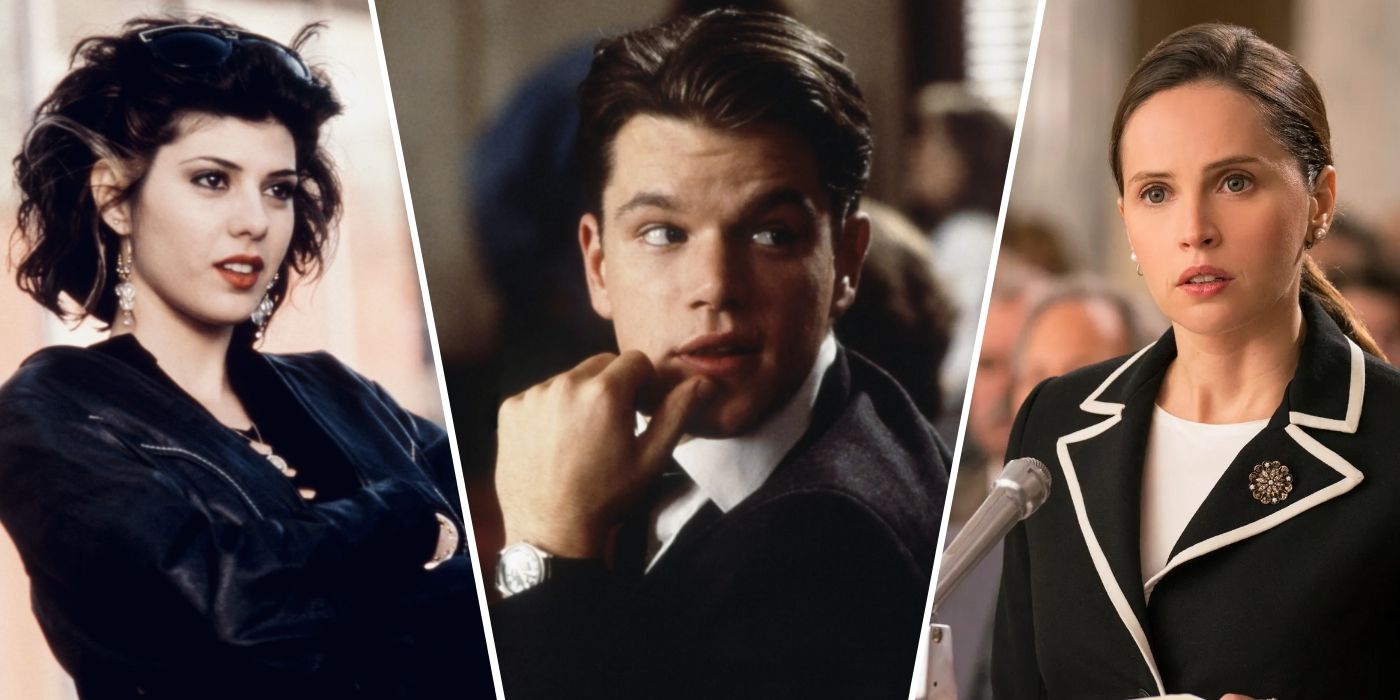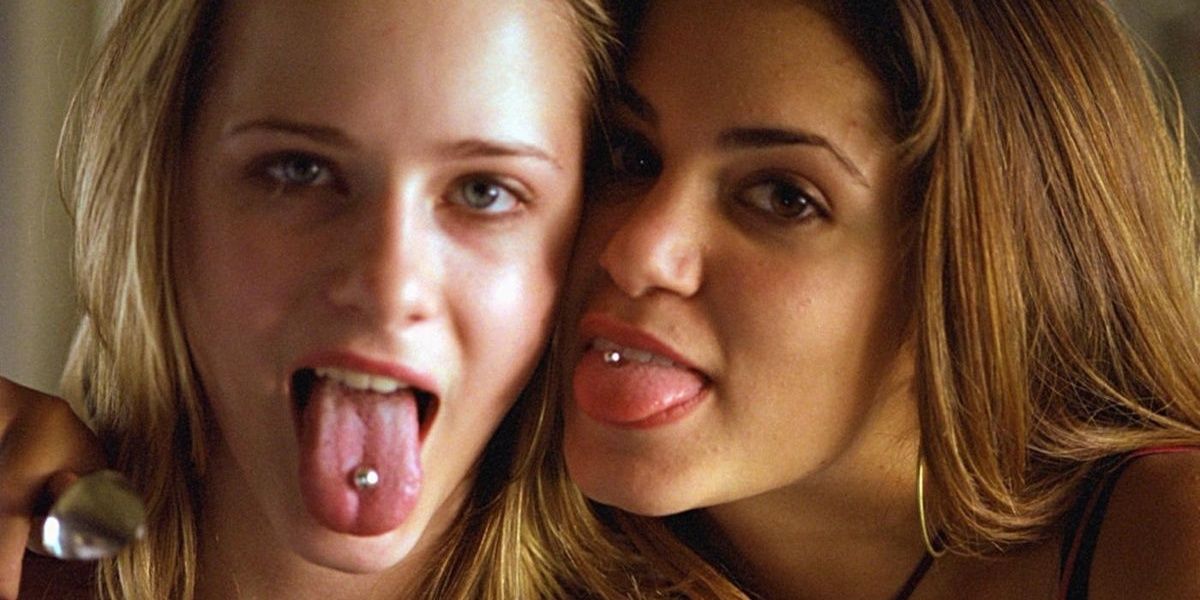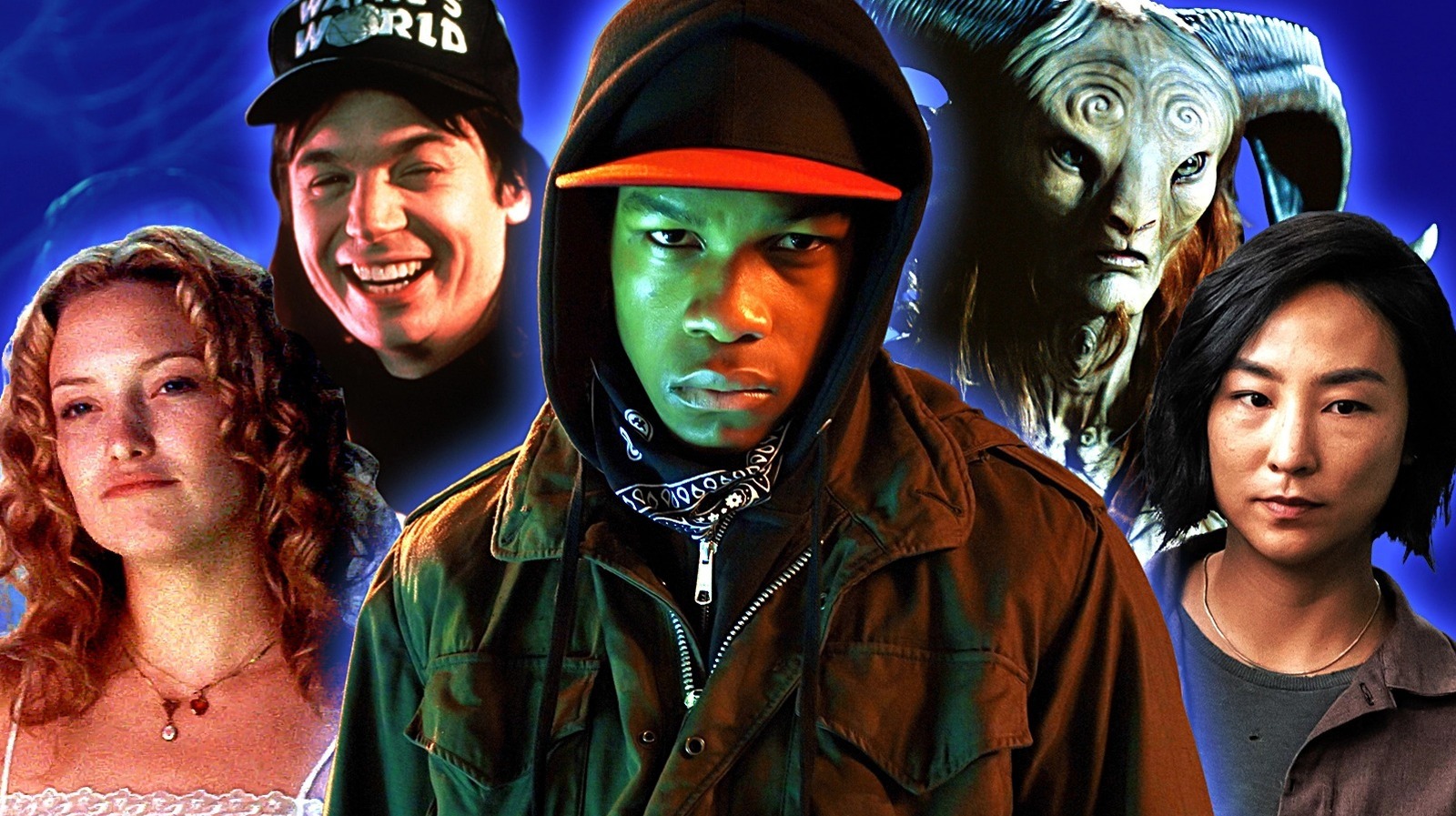Some actors are just born to become legends, and often, there are moments when they adopt a role in their career that elevates them to the summit of perfection. However, how many such actors achieve this pinnacle in their first feature film? Better yet, how many actors make an impact with no dialogue and a handful of scenes? It's rare, yet Oscar-winning Robert Duvall defied this very notion. In 1962, Duvall arrived with his breakout role in a movie that became a cinematic milestone for the future of filmmaking. As Arthur "Boo" Radley in Robert Mulligan's To Kill a Mockingbird, Duvall delivered a haunting performance despite not having much screen time in the film.
Adapted from Harper Lee's novel, To Kill a Mockingbird is a raw depiction of prejudice and societal rot through the eyes of innocence. The story is set in the racially charged era of the 1930s American South, in the fictional city of Maycomb, Alabama, where a 6-year-old girl, Scout Finch, played by a young Mary Badham, is slowly exposed to the discrimination that exists in society. The film was nominated for eight Academy Awards, including one for Mary Badham for best supporting actress. Gregory Peck, who played the role of Atticus Finch, took home the Best Actor award, along with Horton Foote, for Best Adapted Screenplay. To Kill a Mockingbird was an act of courage, with its artistic way of confronting uncomfortable truths. In the film, Duvall's Boo Radley wasn't just a cameo but a testament to the unseen victims of prejudice and a foundation of his acting legacy.
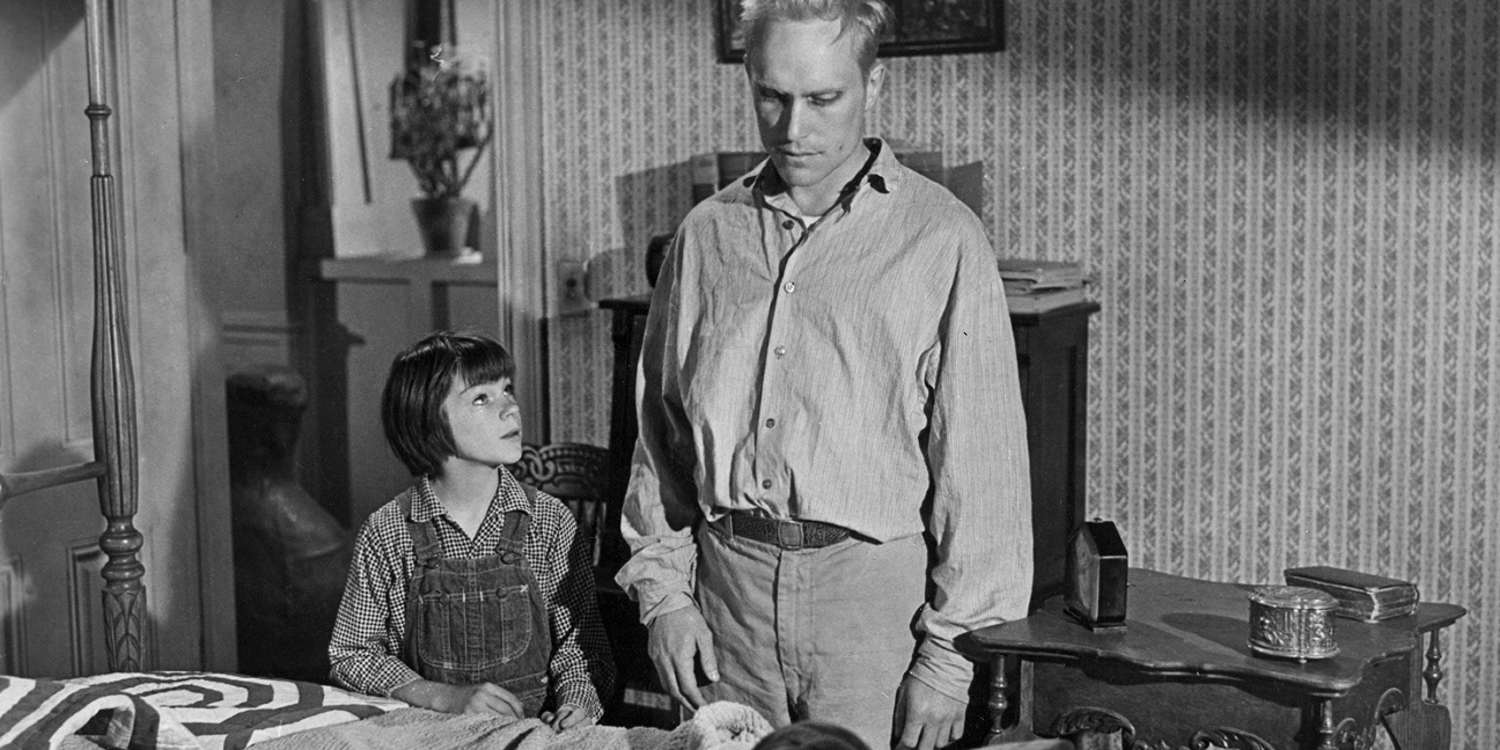
With impactful roles in landmark films like Apocalypse Now, The Godfather Part I and II, and The Conversation, Robert Duvall has an impressive career graph. But it was his performance as Boo Radley in To Kill a Mockingbird which established him as a future film star. When Duvall got the part, he had minimal experience, with few TV credits and a background in off-Broadway; he was a newcomer at the time. However, with his small presence in this mega film, Duvall did something many actors can take decades to achieve.
As narrated by her adult self, six-year-old Scout Finch introduces To Kill a Mockingbird's audience to the Southern town of Maycomb, Alabama. Scout lives with her older brother Jem, their widowed father, and lawyer, Atticus Finch. As Scout, Jem and their other friend, Dill spend their summer days, they are terrified and intrigued by the mysterious Radley house, home to the reclusive Arthur "Boo" Radley. Now, Radley was a figure of a local legend who was locked away due to a supposed act of violence. He was the boogeyman of the town, who lived in this shadowed house where no one goes near. However, as the story progresses, the audience learns that Boo is a victim of societal ostracization.
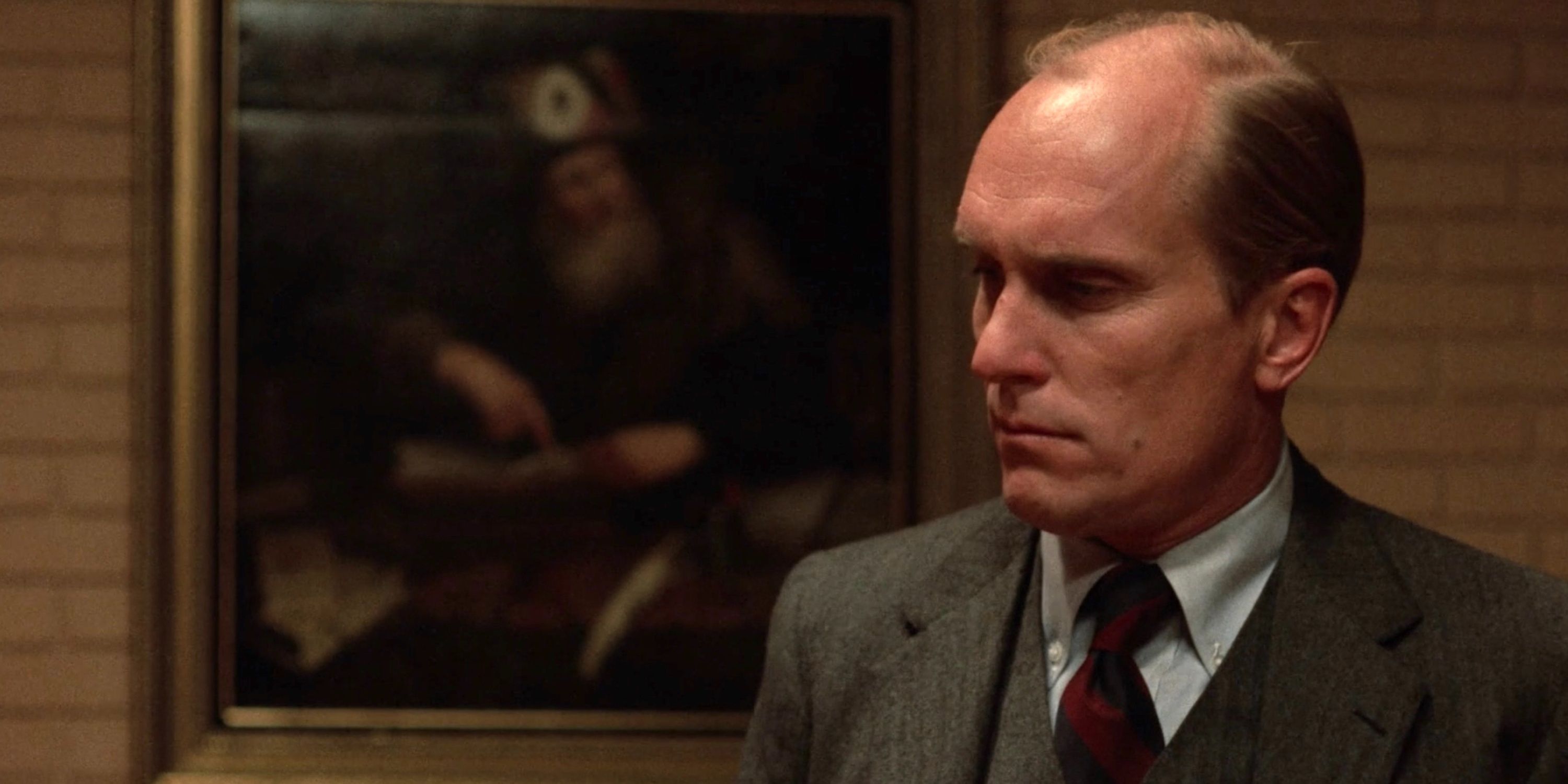
Related
Why Robert Duvall's Tom Hagen Didn't Return for The Godfather Part III
Robert Duvall's Tom Hagen was absent from the final installment of The Godfather trilogy for reasons that long eluded fans.
Throughout major parts of To Kill a Mockingbird, the audience sees Boo lurking in the shadows and communicating to the curious neighborhood kids through his handmade crafts. With this imagery it may seem like there is not much acting to do, but in the little moments where we see Duvall on the screen as Boo, he completely owned it. Duvall's ability to convey Boo's isolation, his longing for connection, and his inherent goodness is a testament to his early talent. Boo's mystique is strategically built in the film, making his eventual act of heroism all the more impactful. He remains a silent presence as Atticus fights for Tom Robinson, a black man who is accused of sexually assaulting a white woman. It's not until the third act that fans see Boo emerging from his self-imposed exile to save Jem and Scout from evil Bob Ewell.
To gain that isolated look for his role as Boo, Robert Duvall stayed out of the sun for six weeks and dyed his hair blond.
With no single on-screen dialogue, the role totally depended on expressions and body language. During a scene which comes much later in the film, the audience, through the eyes of Scout, sees Boo for the first time as she greets him, "Hey Boo." In just one scene, Duvall conveyed the innocence, vulnerability, and hesitant but generous nature of this character hiding behind the doors. It was indeed a very nuanced performance, an element Duvall took forward in his future grand roles. Whether it was consigliere Tom Hagen in Francis Ford Coppola's The Godfather or Apocalypse Now, where his popular "I love the smell of napalm in the morning" line was delivered with a chillingly casual air, Duvall continued to polish his forte of leaving an impactful screen presence.
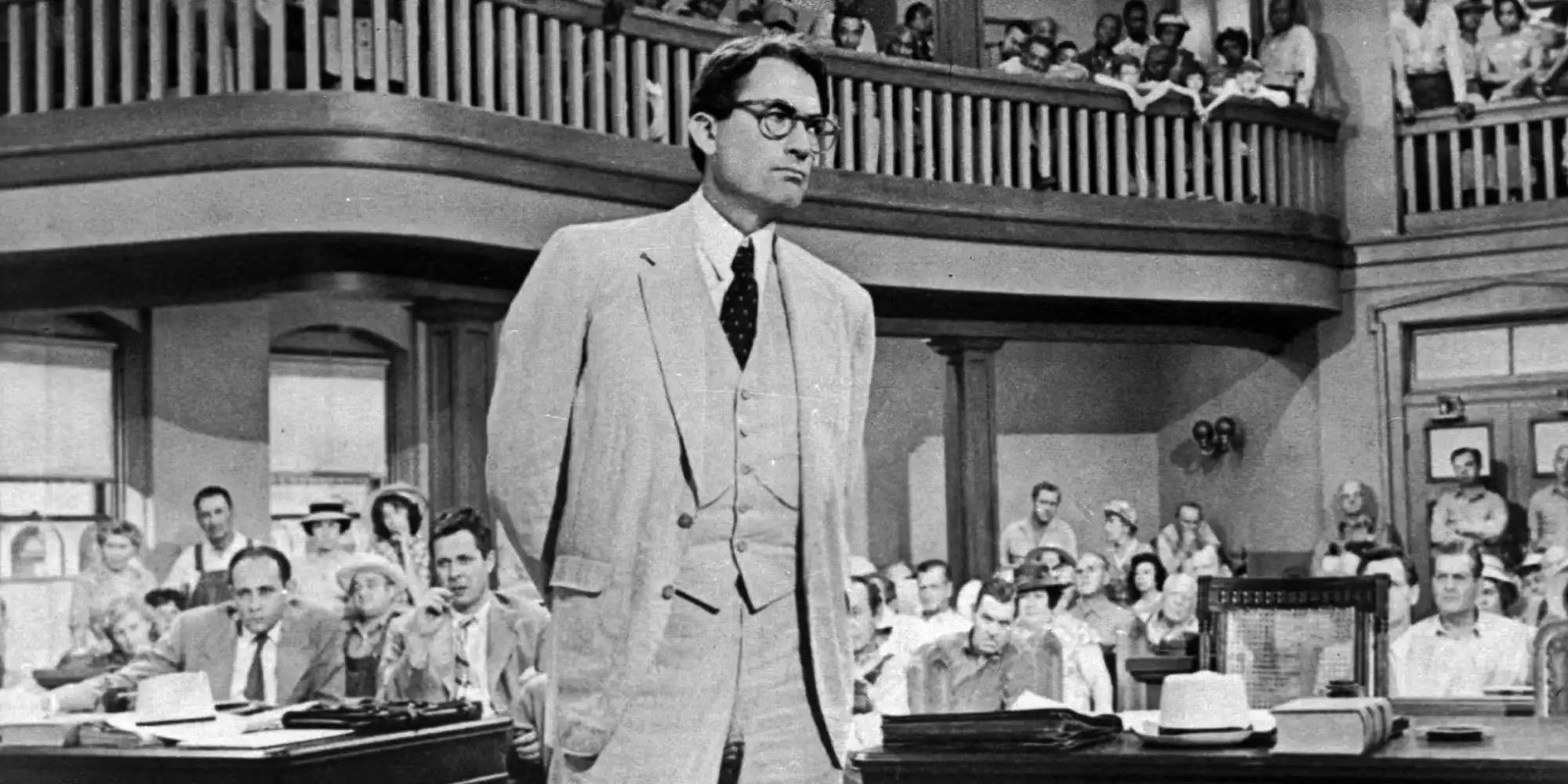
Adapting a literary piece for the screen is an art in itself. In the process of visual transcreation, movies often tend to lose the soul of the source material. Sometimes, the perception of the film works better for the audience, and sometimes, it doesn't. To Kill a Mockingbird was indeed a triumph of adaptation. Harper Lee's book itself is a bold commentary on racial discrimination and the prejudice existing in a progressive society.
The film, staying true to the book's message, wasn't afraid to show the ugliness of racism and the damage it causes. With such heavy themes of racial injustice, poverty, hate, and loss of innocence, producer Alan J. Pakula and director Mulligan could have aimed for a melodramatic script where we see heavy dialogue and monologues. Still, instead, they chose to keep the writing simple and straightforward. Harper Lee herself once said that she was satisfied with the adaptation. During a 1964 interview with WQXR host Roy Newquist, Lee said:
"I felt nothing but gratitude for the people who made the film. It was a most unusual experience. I was delighted, I was touched, I was happy I was exceedingly grateful."
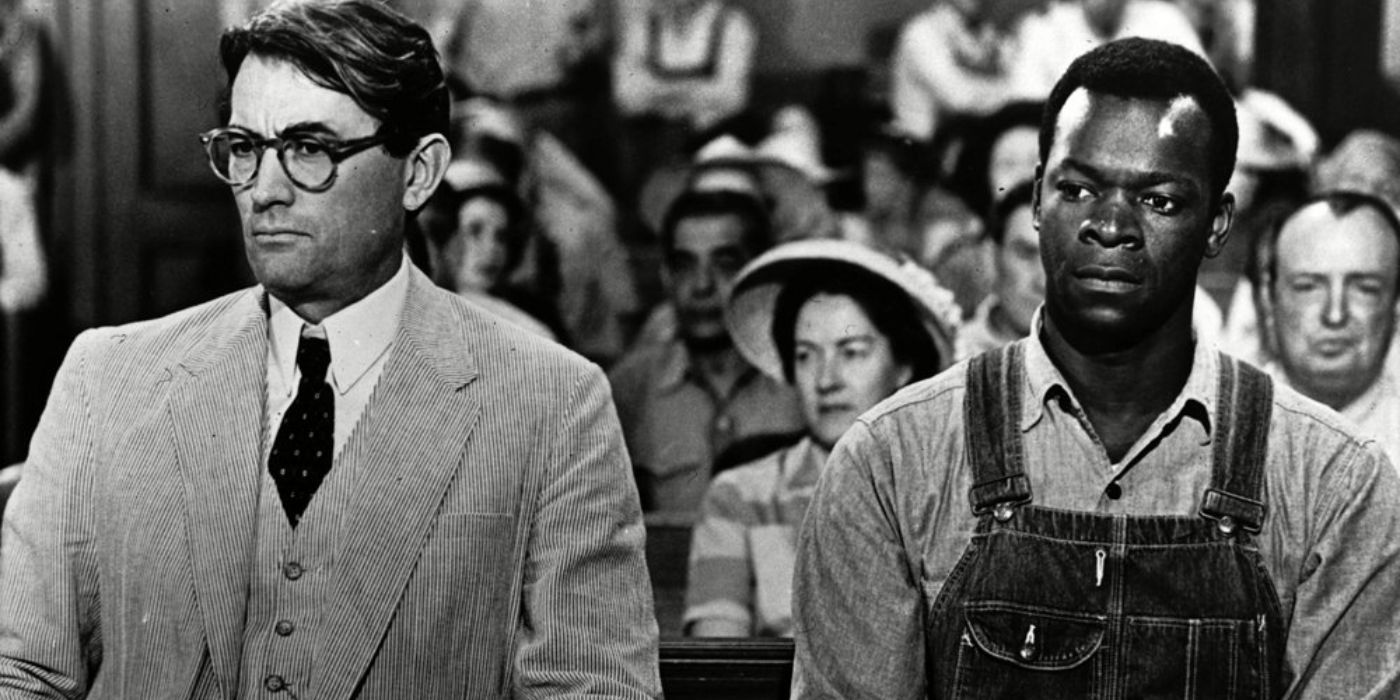
To Kill a Mockingbird is not just any typical legal drama; it's one of the films that uses the courtroom as a stage for a much larger societal examination. The audience doesn't see any thrill or heated courtroom battle, but they see how hard it is to convince prejudiced people to give justice to an already oppressed person. The film revolves around Atticus Finch, a lawyer keen to provide Tom Robinson with freedom. However, Gregory Peck's portrayal of Finch is more than just a lawyer; he stands in the film as an emphatic human being who believes in equality and is against racial injustice. Apart from everything, he is the figure of hope for the black community in the film, depicting that, amid loud voices who scream discriminatory opinions against them, some people don't see them as outcasts.
Gregory Peck gave Atticus Finch's summation speech scene, which was 6 minutes and 30 seconds long, in just one single take.
The jury's guilty verdict, despite the overwhelming evidence of Tom's innocence, is a chilling reminder of the power of prejudice. The film shows that justice is mostly compromised when judgment is made based on color. During a pivotal scene, the courtroom transcends into a temple when the black community, seated on level one, including Tom's well-wishers, stands up and sees a defeated Finch packing up and getting ready to leave. While the rest of the people are slowly standing up as Finch is about to leave, his daughter, Scout, who is among the crowd, is peeking through the corridor railings. As Finch makes his way to the exit, Reverend Sykes asks Scout, "Miss Jean Louise, stand up. Your father's passing." The scene embodies the sentiment felt by a section of society who admired a man of privilege fighting for them and reminding them that they deserve justice equally like any other community.
Although To Kill a Mockingbird was released 63 years ago, it remains a reference point for contemporary filmmakers and actors. Along with Gregory Peck's Oscar-winning performance, the film provided a fine example of how to adapt a film and gave back moments that became significant for the coming days of cinema. Apart from that, the movie introduced one of the most legendary actors of all time, Robert Duvall, to the world. Additionally, the American Film Institute has ranked To Kill a Mockingbird as the 2nd Most Inspiring and the 25th Greatest American Film of All-Time, underscoring its lasting impact on cinema and culture. The film's realism, meticulous attention to detail and raw depiction of an uncomfortable era of American history make it a classic piece of cinema.
